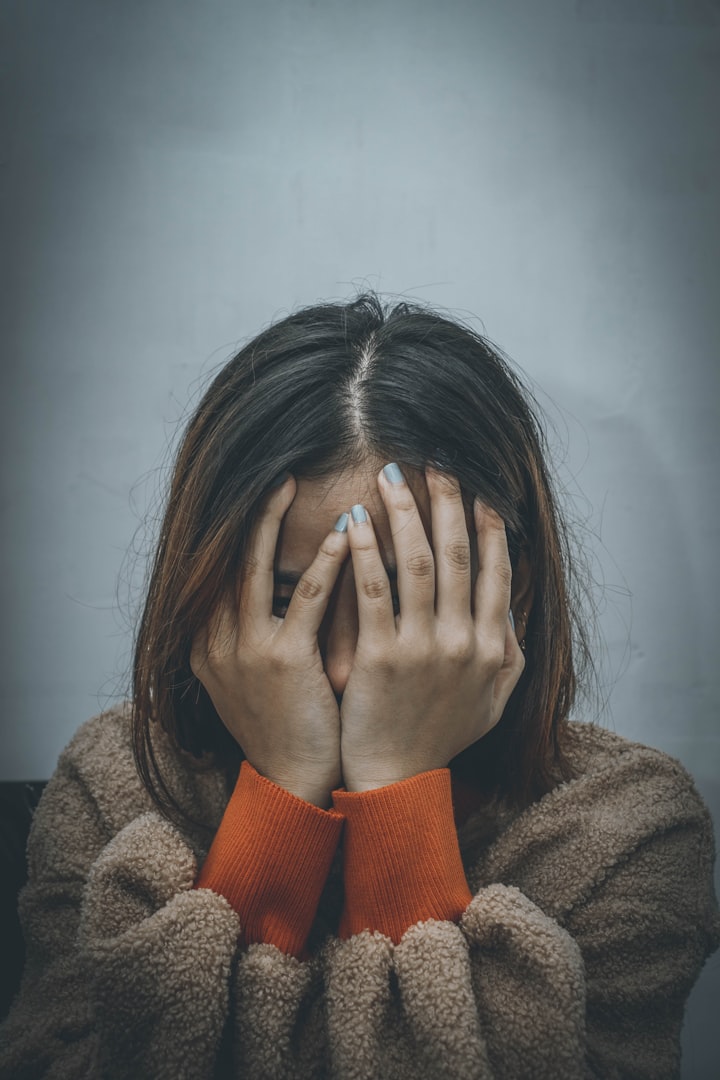10 Hidden Signs Of PTSD
If you are experiencing severe stress, you should pay attention to whether your daily life is not for the signs described later in the article. If you are familiar with them, you probably have PTSD.

The importance of being considerate of yourself.
Some people live with PTSD for years without getting the right treatment or even a proper diagnosis. It is extremely important to understand what it is and be able to diagnose the problem. Otherwise, you can face nightmares, difficult memories, panic attacks, obsessive thoughts, fear for your safety, and other problems that will seriously worsen your quality of life. Sometimes symptoms do not appear until months or even years later, making it difficult to determine the cause.
First signs and symptoms.
There are different ways people try to deal with a problem. It should be understood that each person has an individual reaction. But at some point, you may notice that you feel differently than usual. You will feel extreme depression, alternating with a complete lack of emotion. And besides this, the symptoms described below may appear.
Hyperexcitability.
This is an extremely intense pressure of thoughts, feelings, actions, physical sensations associated with a traumatic experience. The body’s chemical reaction to trauma can lead to an extreme mode of survival, in such a state a person loses control over himself, and this is very difficult.
Obsessive thoughts.
Sometimes a person cannot master the feelings and thoughts associated with the experience. The more the feelings prevail, the worse the person becomes. He relives the trauma over and over again and cannot be distracted by something else, even if he makes a serious effort.
Experiencing trauma.
This symptom can manifest itself through difficult memories or nightmares, and in addition, you may experience the feeling that you are reliving what happened to you when faced with everyday things that remind you of the past. Watch out for sudden mood swings as well. If you can’t find a reason for your emotions, it could be PTSD.
Avoidance.
Many people try to ignore anything that might give them unpleasant emotions and memories. Sometimes a person faced with a problem begins to avoid people, places, and objects that cause pain.
Risky behavior.
When a person realizes that at a difficult moment he did not have control over the situation, he may, after an injury, strive for unjustified risk, provoke others, and go to a dangerous area of the city. These are all symptoms of stress.
Failure to Trust.
A trauma survivor may forget how to trust the people around him. But an even deeper problem is the loss of self-confidence and confidence in the world. Everything just loses its value.
Hyper attentiveness.
Some people begin to exercise extreme control after trauma — they constantly expect problems and always try to be prepared for them. This causes tension and an increase in adrenaline in the blood.
Social isolation.
Faced with paranoia, anxiety, and other problems, a person can begin to avoid people and exclude himself from society as much as possible. This even applies to sources of support like friends and family.
Alcoholism or drug use.
There is also a serious risk of alcohol or drug addiction as a result of PTSD. In this way, people try to distract themselves from unpleasant thoughts and forget, and in this, they are helped by certain substances.
Refusal from usual activities.
People with PTSD may start avoiding their daily routines, narrowing their comfort zone as much as possible.
Changes in relationship behavior.
Trauma survivors often find their sexual relationships dysfunctional. Such people may be prone to cheating, they feel that they are simply not worthy of love.
Concentration problems.
If you find yourself distracted during a conversation or unable to focus on the task you’re doing, it could be trauma. Due to stress, it is more difficult to control thoughts and it is simply impossible to focus attention, even if the person makes every possible effort.
Paranoia.
To protect yourself, you can start to see everything as a threat, even if in reality you are completely safe. Trusting other people, and sometimes even just leaving the house, will be difficult for you because trauma makes everything seem like a constant source of stress.
Treatment.
It should be understood that there are various effective treatments for PTSD. You can choose the option that suits you. Often, treatment is combined with medication to help manage anxiety, depression, and insomnia. Do not ignore your problem if you are faced with it, try to take care of yourself and get the help you need.
About the Creator
Michail Bukin
Creative Writing Expert and Ambitious Stutterer






Comments
There are no comments for this story
Be the first to respond and start the conversation.